.png)

Belgium 10-3-26 All Members Physical english
From modular business design to AI-driven pipelines, architectures, and operationsA composable enterprise is built on modular processes, API-driven ecosystems, low-code platforms, and cloud-native services. It promises speed and adaptability by allowing organisations to reconfigure their capabilities as conditions change. However, modular design alone does not guarantee resilience; the way these systems are engineered and operated is just as important.This is where AI is beginning to make a difference. Beyond generating snippets of code, AI is already influencing how entire systems are developed and run: accelerating CI/CD pipelines, improving test coverage, optimising Infrastructure-as-Code, sharpening observability, and even shaping architectural decisions. These changes directly affect how quickly new business components can be deployed, connected, and retired.In this session, we will examine how CIOs can bring these two movements together:Composable design is the framework for flexibility and modularity.AI-augmented engineering is the force that delivers the speed, quality, and intelligence needed to sustain it.The pitfalls of treating them in isolation: composability that collapses under slow engineering cycles, or AI that only adds complexity without a modular structure.The discussion goes beyond concepts to practical implications: how to architect organisations that can be recomposed at speed, without losing control or reliability. The outcome is an enterprise that is not only modular in design but also engineered to adapt continuously under real-world conditions.
Read More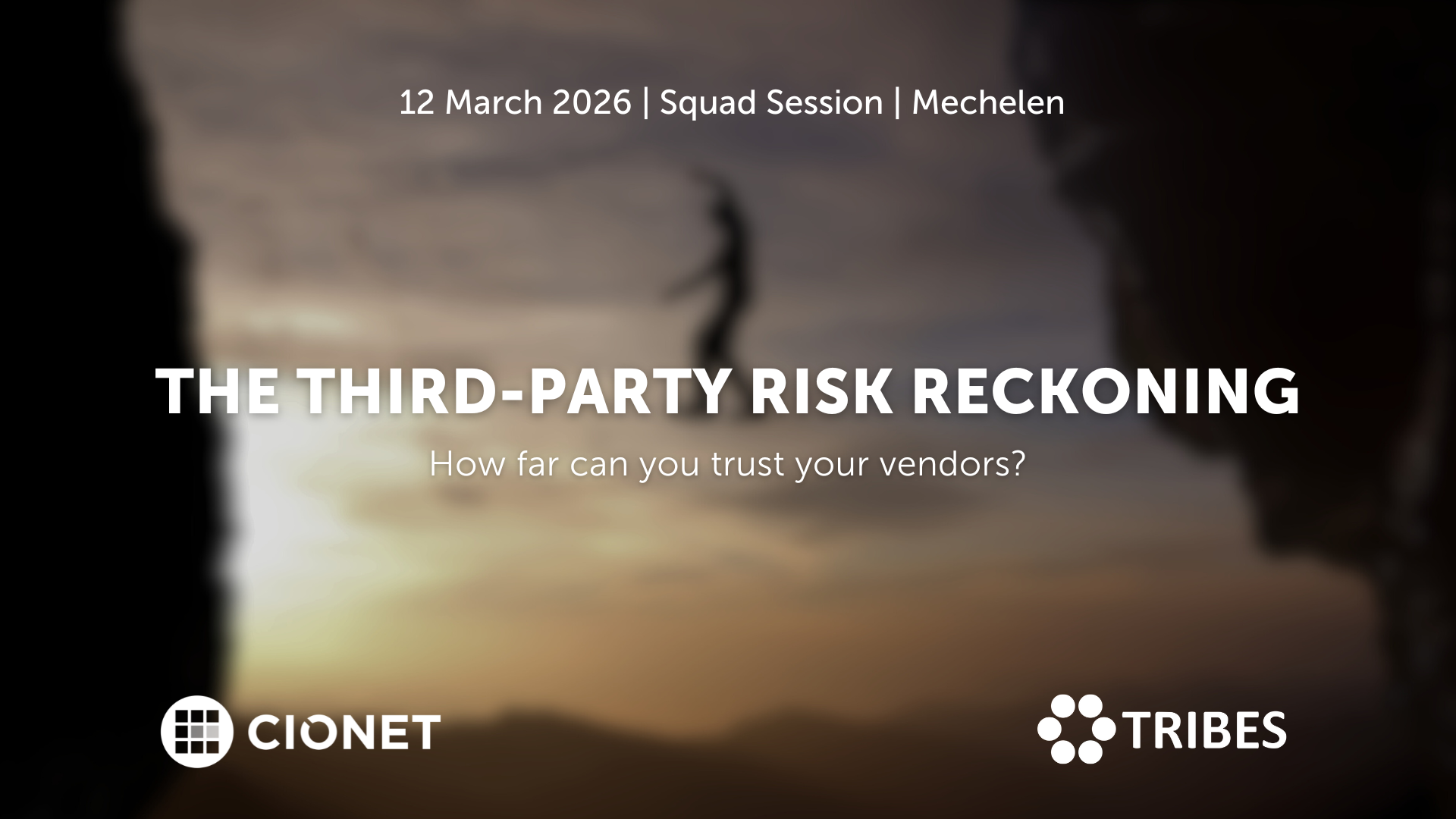
Belgium 12-3-26 Physical english
Tomato! Tomato! Tomato! Get your tomato now! Every vendor sells security. And every company depends on vendors, partners, and suppliers. The more digital the business becomes, the longer that list grows, and so does the attack surface. One weak link, and there is always one, or one missed update, and trust collapses faster than any firewall can react. What used to be a procurement checklist has become a full-time discipline. Questionnaires, audits, and endless documentation prove that everyone’s “compliant,” yet incidents keep happening. So it’s clear: the issue isn’t lack of policy, or maybe a bit, but mostly lack of visibility. Beyond a certain point, even the most secure organisation is only as safe as its least prepared partner (or an employee who hadn’t had their morning coffee). So how far can you trust your vendors? How do you check what you can’t control? And when does assurance become theatre instead of protection? Does it come at a different cost? Let’s exchange what works and what fails in third-party risk management: live monitoring, shared responsibility models, contractual levers, and the reality of building trust in a chain you don’t own. A closed conversation for those redefining what partnership means when risk is shared but accountability isn’t.
Read More.jpg)
Belgium 19-3-26 Country Members Physical french
Moins de Partenaires : La consolidation vaut-elle le risque ? Le problème est la prolifération des fournisseurs : trop d'outils causant de la complexité, une taxe d'intégration paralysante et de la redondance. La Taxe d'Intégration est le coût caché (en temps, en échecs et en ressources) d'essayer de faire fonctionner ensemble des systèmes disparates. Cet échange se concentre sur des stratégies éprouvées pour simplifier de manière agressive le parc technologique, consolider les fournisseurs et élever certains fournisseurs clés au rang de partenaires stratégiques.
Read More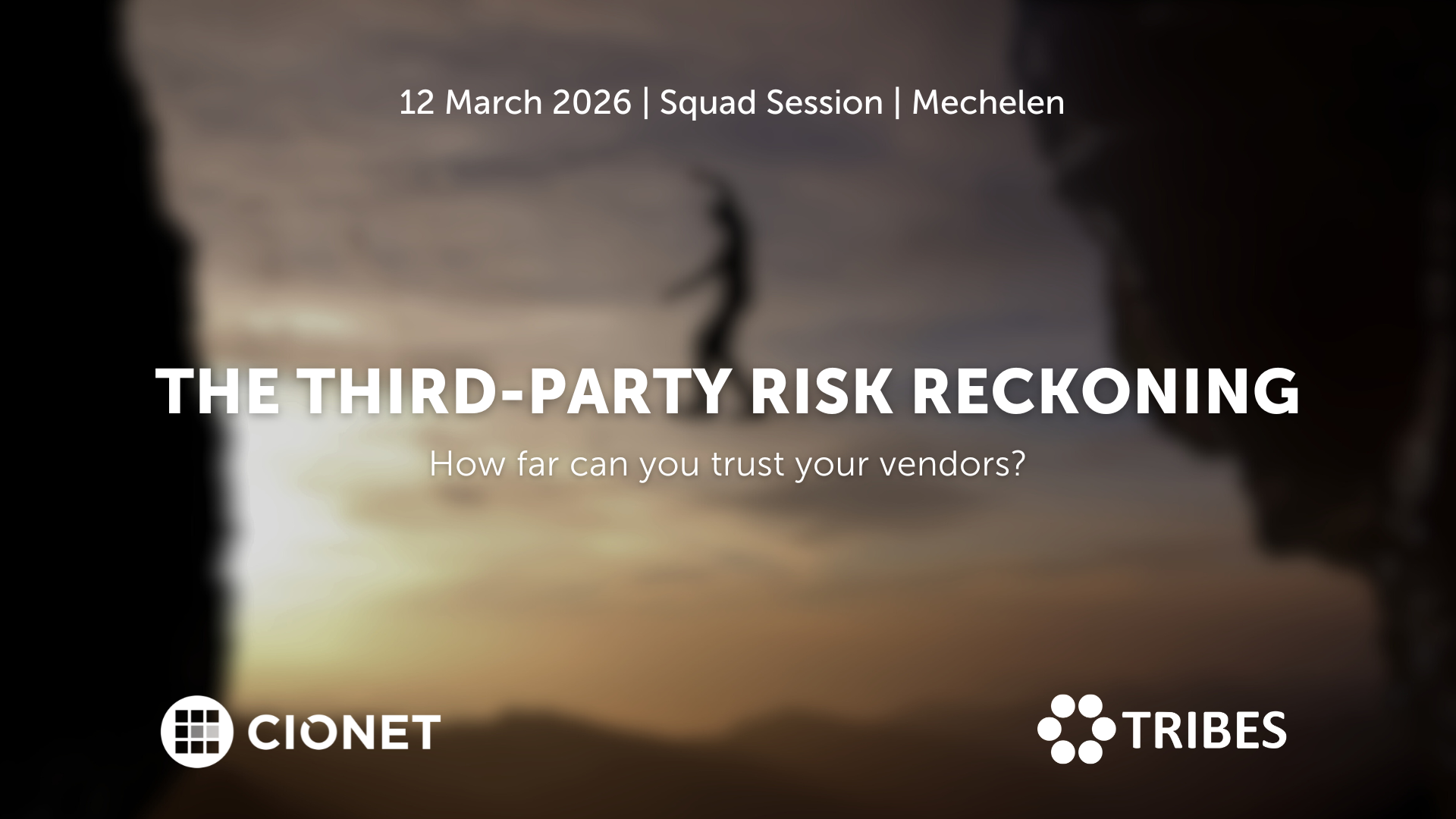
March 12, 2026 Squad Session Invitation Only Physical english
Tomato! Tomato! Tomato! Get your tomato now! Every vendor sells security. And every company depends on vendors, partners, and suppliers. The more digital the business becomes, the longer that list grows, and so does the attack surface. One weak link, and there is always one, or one missed update, and trust collapses faster than any firewall can react.
Read More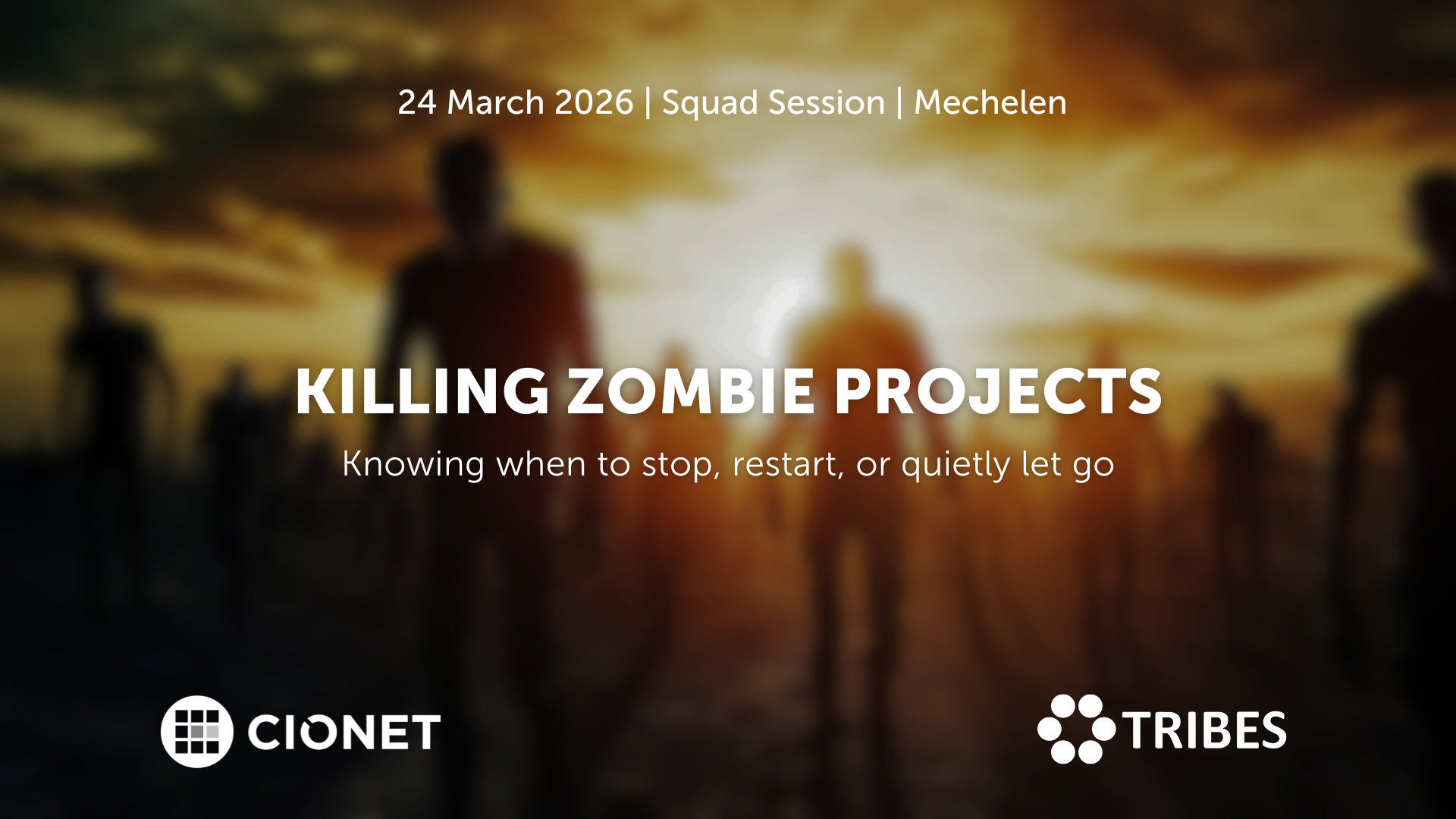
March 24, 2026 Squad Session Invitation Only Physical english
Every organisation has them, projects that keep running long after their purpose has faded. No one remembers who asked for them, but shutting them down feels riskier than keeping them alive. And eventually, people stay assigned, budgets stay allocated, and energy drains into work that no longer matters. Inertia at its finest.
Read More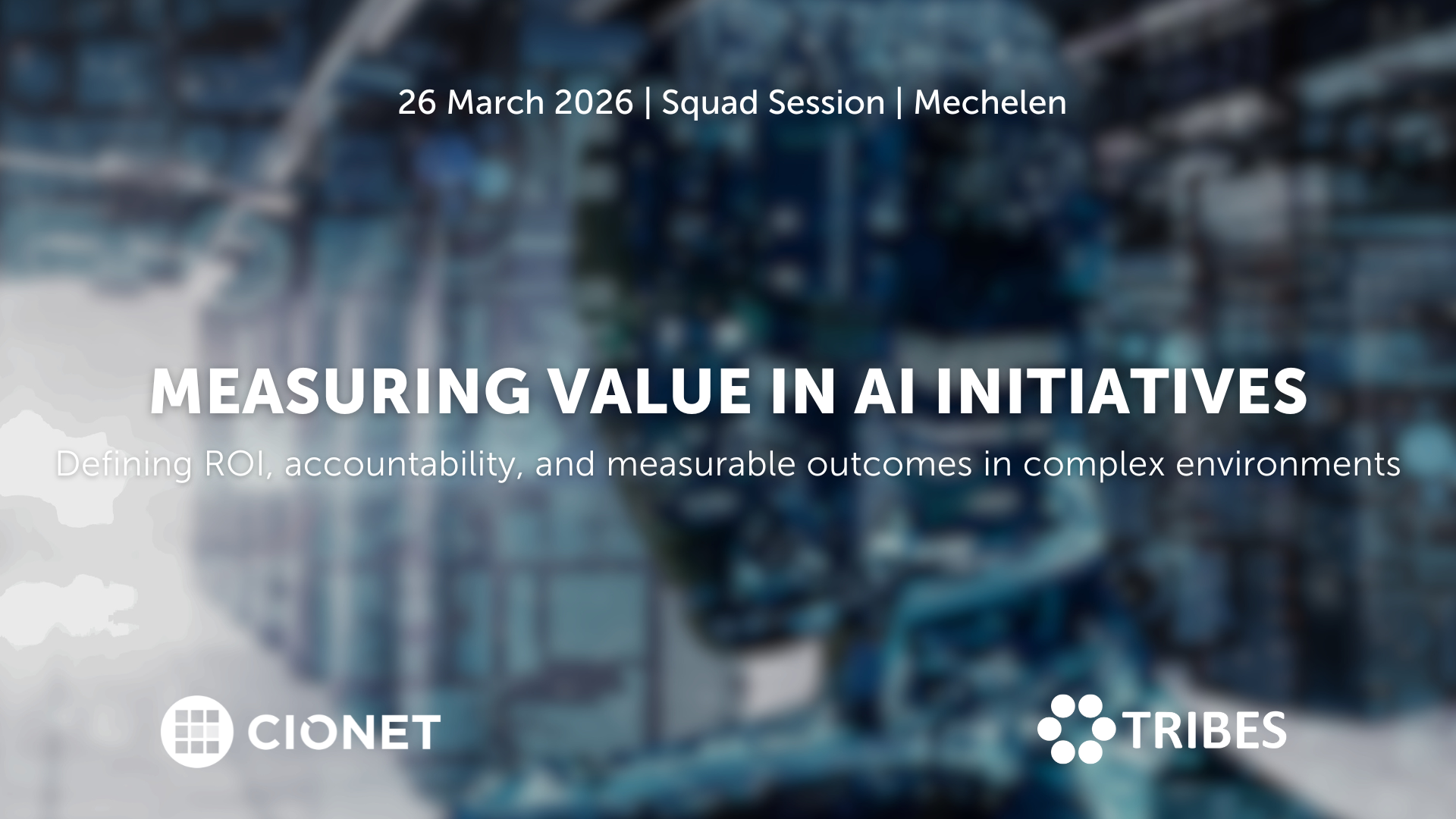
March 26, 2026 Squad Session Invitation Only Physical english
AI projects continue to multiply, but proving their value remains difficult. Most organisations can track activity, not impact. Dashboards count pilots and models, yet few translate to measurable business outcomes. The result is familiar: success stories without clarity on what they actually delivered.
Read More
CIONET Trailblazer: CISO: The Shift from Prevention to Resilience: Turning Visibility into Execution
Published on: January 28, 2026 @ 9:48 AM

CIONET Trailblazer: AI Transformation: Bridging the Cultural Divide to Achieve Competitive Advantage
Published on: December 17, 2025 @ 9:16 AM
Deutsche Bank moves modern work to the credit side of the ledger with Microsoft Teams Phone
In the highly regulated field of finance, business communications with customers must meet stringent regional security requirements. Deutsche Bank found the answer to these needs by implementing Microsoft Teams Phone, consolidating all communication channels into one application - Microsoft Teams.
Embracing a modern platform like Microsoft Teams instilled a level of connection across the globe that we’ve never had before. It’s truly brought Deutsche Bank closer together as an organization than we’ve ever been. Simon Peach: Managing Director, End User Computing - Deutsche Bank

More than 150 years of strategic banking experience has given Deutsche Bank a future-first perspective. The company rapidly expanded into several international locations within a decade of its 1871 founding. Deutsche Bank went on to become one of Germany’s leading banks and is rated by S&P Global as one of the 30 largest banks in the world. Staying ahead of and modeling responsible change has earned Deutsche Bank the trust and respect of its customers.
Change on a truly large scale was needed when a constant influx of rapidly evolving regulations, coupled with faster technology advances and a shift to more flexible work, challenged the bank’s communications technology platform. Its legacy telephony system required expensive and frequent updates to keep pace with regulatory change. In concert with that increasingly unsustainable pattern, Deutsche Bank workers craved advanced communications tools. What was needed was complicated but non-negotiable: a unified solution that enabled the bank’s global workforce, collaborating from within 60-plus countries, to communicate across a complex matrix of locations, job functions, and time zones. “Communication is the backbone of everything we do at Deutsche Bank,” explains Marcus Jung, Chief Information Officer, End User Computing at Deutsche Bank. “Keeping our employees in touch with each other and their clients in the most secure and compliant way possible is crucial.”
And providing a human-centric tool set is critical to the experiences of both employee and client. “People need open communication channels that function as if they were sitting right beside each other,” says Jeremy Kirk, Managing Director, Investment Bank at Deutsche Bank. “And being in a highly regulated industry, we strongly focus on record-keeping and retention.” Client-facing workers, such as traders in the German financial services industry, can be subject to having their customer interactions monitored and recorded.
The answer clearly lay in a unified tool set. “Having a standard way of adhering to regulatory compliance is critical for us,” explains Simon Peach, Managing Director, End User Computing at Deutsche Bank. “Whether we capture a conversation through voice recording, eDiscovery, or other means, we need to ensure that we’re using communication technology that meets regulatory approval.”
With growing competition for skilled workers, the bank needed a technology refresh: a communications platform that would help workers soar in job satisfaction and productivity and could adapt to growing, changing regulations.
Deutsche Bank had deployed Microsoft 365 as part of its cloud transformation, including Microsoft Exchange Online, OneDrive, and SharePoint. With a unified technology platform in place, Theo Georgiou, Principal Technology Manager, End User Computing at Deutsche Bank, began the workplace modernization project, starting with the regulatory compliance aspect. That meant bringing the proliferation of mobile devices into line with device-agnostic management. Georgiou’s team rolled out Microsoft Intune, simplifying device management for multiple operating systems (including iOS and Android) and form factors. He formed a close collaboration with the teams responsible for Deutsche Bank’s legal, compliance, GDP, eDiscovery, and surveillance functions. “We focused intently on regulatory compliance,” Georgiou says. “And while we wanted to ensure easy collaboration between groups who need to work together, there are other groups such as Research and Equities that, by United States law, are not allowed to exchange information. We used Microsoft solutions to put information barriers in place as required by local laws.”
Georgiou was also very aware of the needs of Deutsche Bank workers, the demands they face in a world that continues to be more mobile and more time-sensitive, even as regulations multiply. And in an increasingly hybrid work environment, he realized that workers need flexibility to work in different ways without violating local regulations. “We have 60,000 people who are using mobile devices in addition to desktop devices,” Georgiou says. “We need to provide them not only with compliant, secure access to Microsoft productivity applications, but also with accessibility for people who are blind, deaf, or have other accessibility issues. Our success in bringing so many workers into that compliant circle is a big story for us.” His team replaced Deutsche Bank’s previous telephony system with Microsoft Teams Phone, adding a voice recording feature in compliance with local laws.
Automation was critical to making such a big change for so many across the world. The Deutsche Bank team worked with a Microsoft Industry Solutions Delivery team to create an end-to-end automated solution to transfer workers from their previous telephony service to Teams and Teams Phone, delivering a fast, reliable, and stable migration. “We provisioned over 130,000 workers within eight months,” says Georgiou. “The automation we built with our Microsoft colleagues was key to that success. Manually configuring the parameters for the applications our global workforce needed and enabling the environment for them would have been impossible otherwise.”
The team used smart AI logic to send invites to technical and training sessions. The delicate and time-consuming task of ensuring that local restrictions were instituted accurately, and the appropriate capabilities were activated, was fastest and simplest with that automation. The team also used the logic rules they’d set up to select which groups of workers would onboard to the solution depending on their local restrictions and needs. Deutsche Bank enabled 1,500 people every day, not because of any technical limit, but because Georgiou wanted to ensure that his team would have the capacity to personally interact with everyone who needed attention. “The Microsoft team played a significant part in ensuring the technology provided was implemented, and added to where needed, to achieve an extremely positive user experience and business case,” says Peach.
With that deployment now well along, new Deutsche Bank employees have access to their Microsoft 365 applications on their first day at work, and are able to use Microsoft Teams within an hour of their account being enabled. All 130,000 employees, permanent contractors, and vendor staff now use the full Microsoft 365 productivity apps (Microsoft Word, Excel, and PowerPoint), collaborating via Exchange Online, OneDrive, and SharePoint.
Georgiou notes that coaxing users into adoption is often a challenge. But this time, being a change agent in a global company yielded a different experience. “There’s often resistance to change,” he explains. “But after hitting a certain critical mass during our Microsoft Teams rollout, we were overwhelmed by demand.” The convenience Deutsche Bank workers experienced is clearly why. “After deploying Microsoft Teams and Teams Phone, we could consolidate all of our communication channels into a single application,” Georgiou says. “We now have more than 60,000 people at Deutsche Bank who use personal mobile devices that amplify flexibility in how they communicate and collaborate, even when they’re on the move.” He looks forward to increasing accessibility for Deutsche Bank workers. “Now we’re considering next steps: application interoperability and notification bots in the system,” he adds. “We’re trialing Microsoft Copilot and other accessibility features, like live captions.”
Kirk lauds the resulting simplification for client-facing workers: “Our sales teams and other client-facing workers use just one app for all communications,” he says. “With Microsoft Teams and Teams Phone, whether they’re contacting multiple people, internal or external players, their conversations are recorded as needed and compliant with the regulations that we need to observe.”
For Peach, the cascading benefits of the deployment cross multiple boundaries. “When we moved to Microsoft Teams, we created a level of productivity that translates to universal goals, like increasing revenue streams and realizing greater efficiencies,” he concludes. “We’ve reduced costs across several technology areas. Most of all, embracing a modern platform like Microsoft Teams instilled a level of connection across the globe that we’ve never had before. It’s truly brought Deutsche Bank closer together as an organization than we’ve ever been.”
353 Views 0 Likes Read More
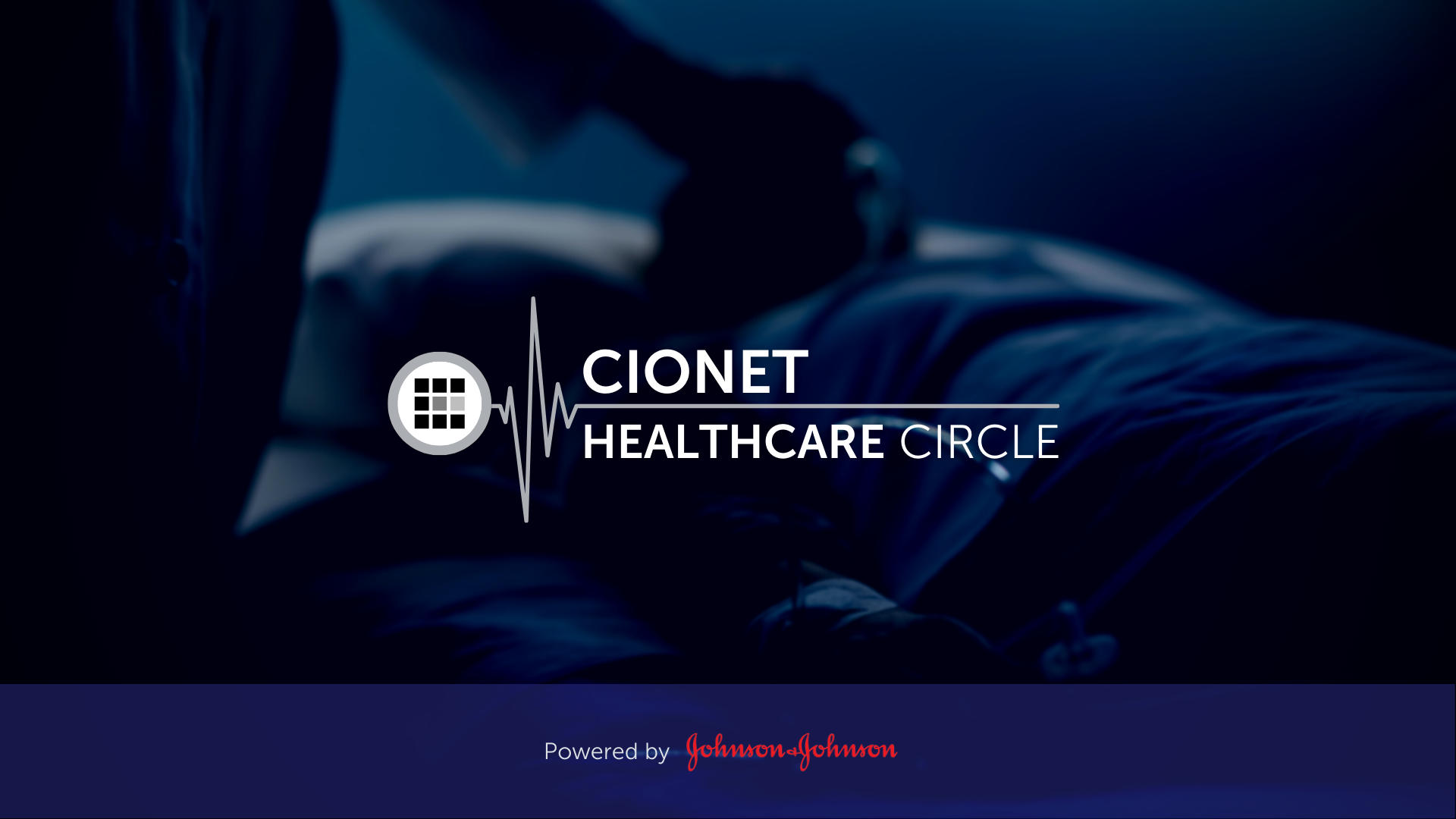
Digital Transformation is redefining the future of health care and health delivery. All stakeholders are convinced that these innovations will create value for patients, healthcare practitioners, hospitals, and governments along the patient pathway. The benefits are starting from prevention and awareness to diagnosis, treatment, short- and long-term follow-up, and ultimately survival. But how do you make sure that your working towards an architecturally sound, secure and interoperable health IT ecosystem for your hospital and avoid implementing a hodgepodge of spot solutions? How does your IT department work together with the other stakeholders, such as the doctors and other healthcare practitioners, Life Sciences companies, Tech companies, regulators and your internal governance and administrative bodies?
Read More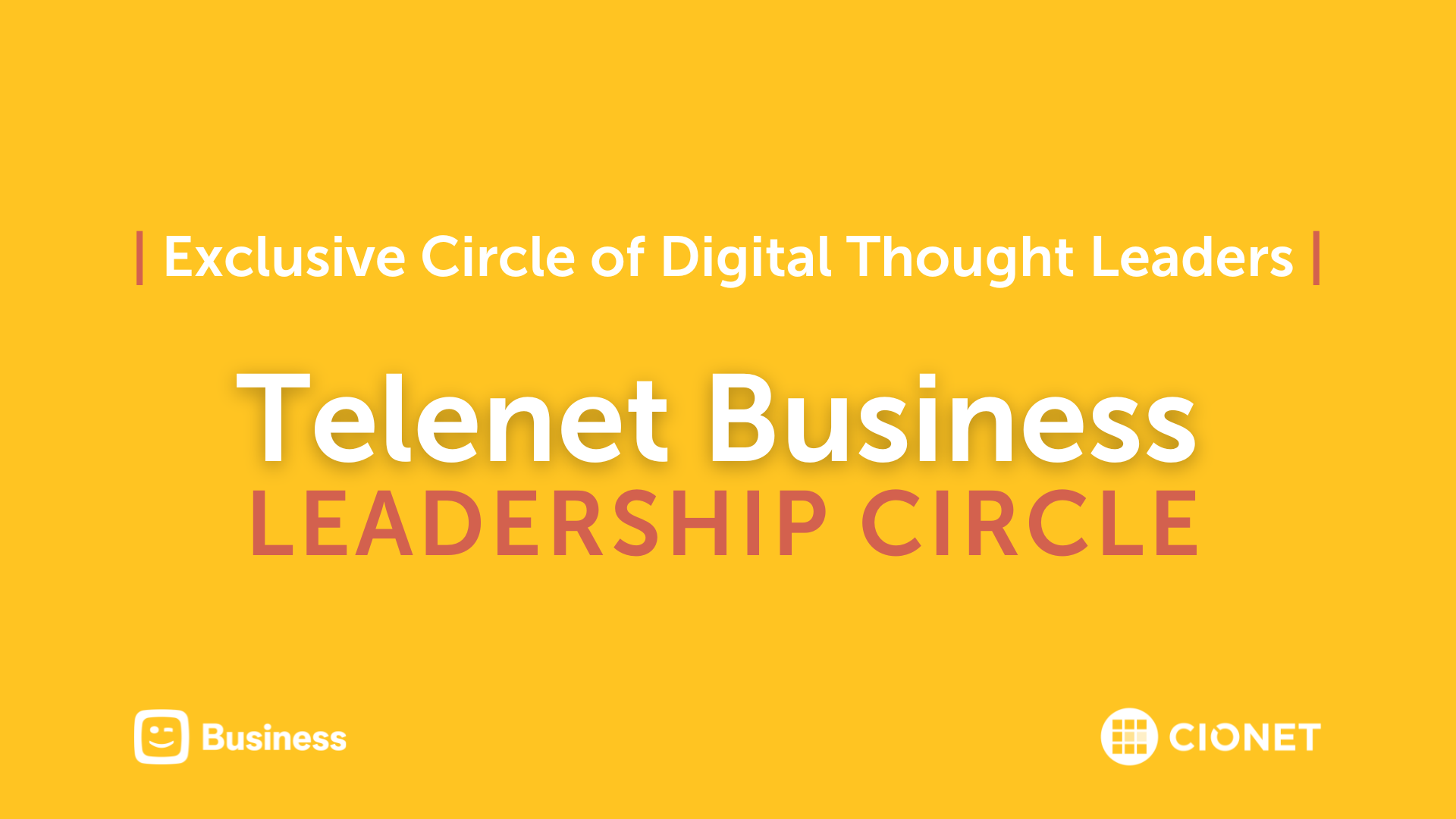
The Telenet Business Leadership Circle powered by CIONET, offers a platform where IT executives and thought leaders can meet to inspire each other and share best practices. We want to be a facilitator who helps you optimise the performance of your IT function and your business by embracing the endless opportunities that digital change brings.
Read More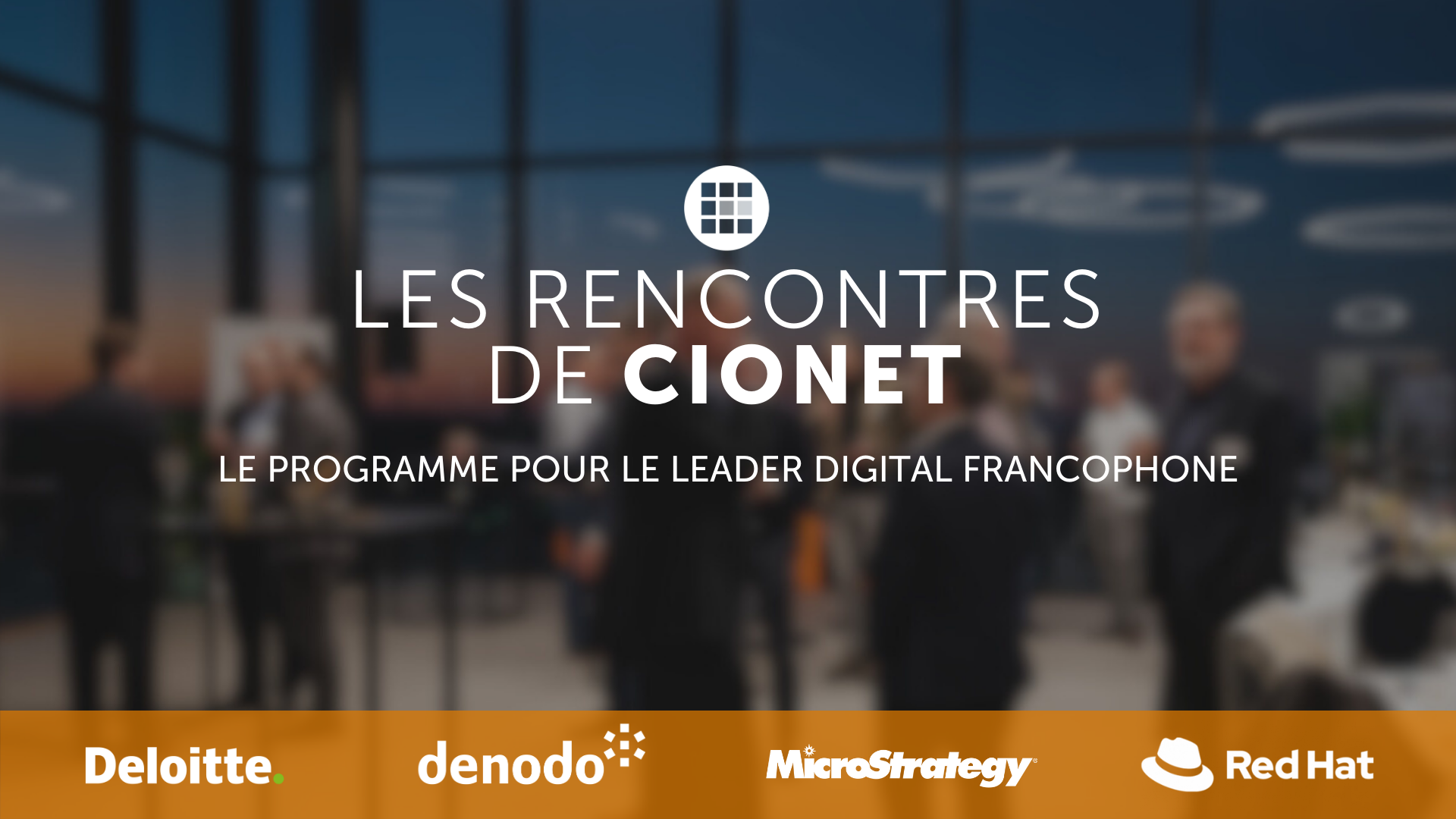
Découvrez la dynamique du leadership numérique aux Rencontres de CIONET, le programme francophone exclusif de CIONET pour les leaders numériques en Belgique, rendu possible grâce au soutien et à l'engagement de nos partenaires de programme : Deloitte, Denodo et Red Hat. Rejoignez trois événements inspirants par an à Liège, Namur et en Brabant Wallon, où des CIOs et des experts numériques francophones de premier plan partagent leurs perspectives et expériences sur des thèmes d'affaires et de IT actuels. Laissez-vous inspirer et apprenez des meilleurs du secteur lors de sessions captivantes conçues spécialement pour soutenir et enrichir votre rôle en tant que CIO pair. Ne manquez pas cette opportunité de faire partie d'un réseau exceptionnel d'innovateurs numériques !
Read More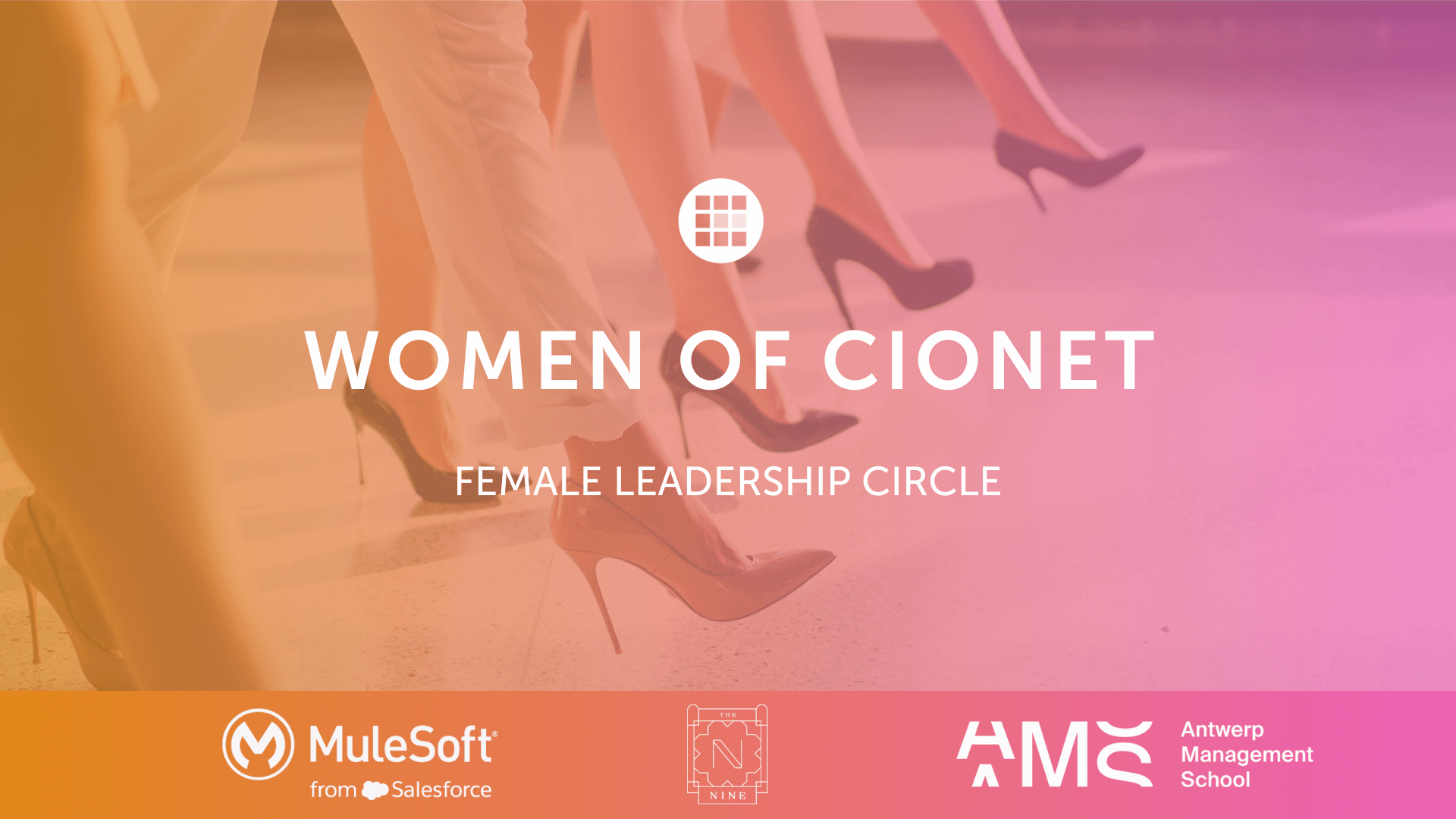
CIONET is committed to highlighting and celebrating female role models in IT, Tech & Digital, creating a leadership programme that empowers and elevates women within the tech industry. This initiative is dedicated to showcasing the achievements and successes of leading women, fostering an environment where female role models are recognised, and their contributions can ignite progress and inspire the next generation of women in IT. Our mission is to shine the spotlight a little brighter on female role models in IT, Tech & Digital, and to empower each other through this inner network community.
Read More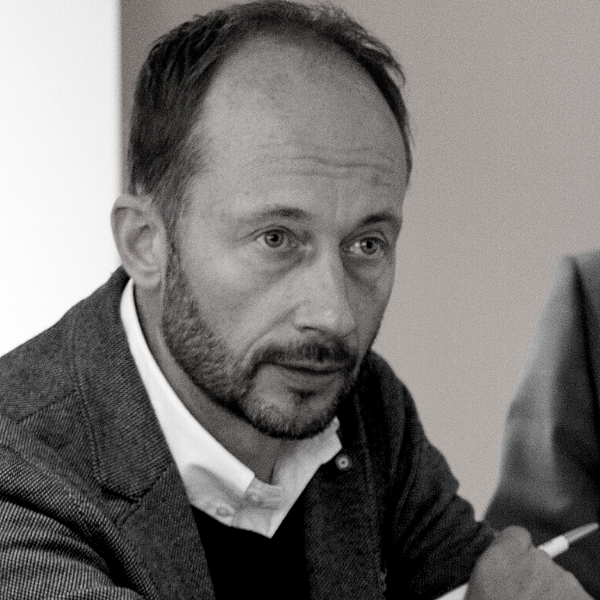


-Apr-01-2022-10-58-34-57-AM.png)



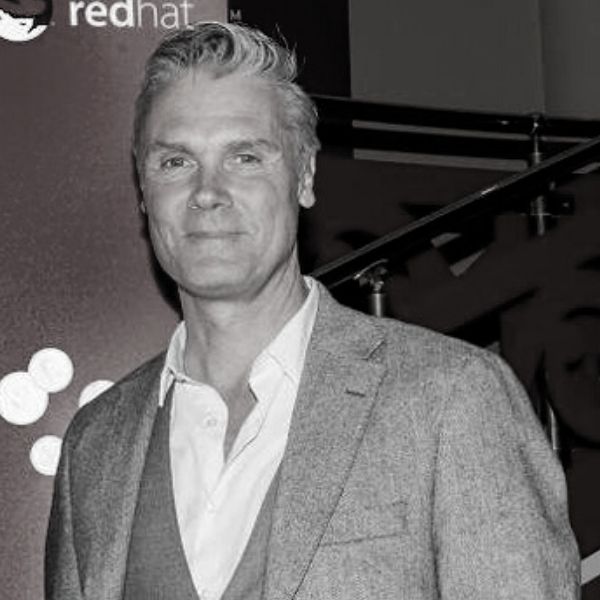




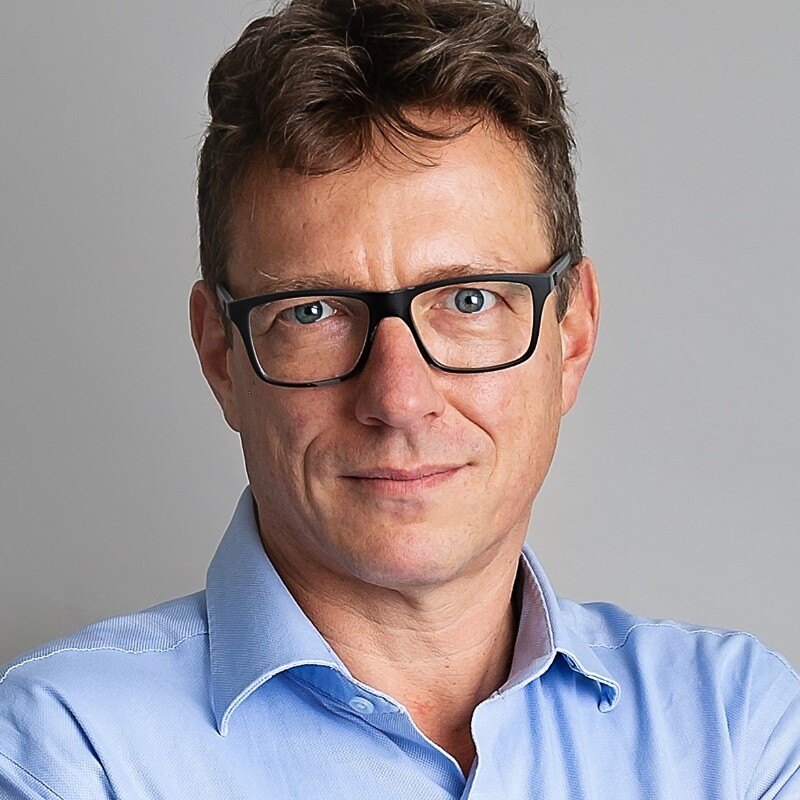
-Dec-13-2023-10-53-15-5032-AM.png)



-Jun-12-2023-01-23-11-7540-PM.png)

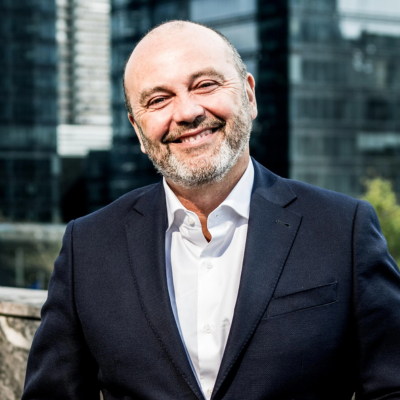

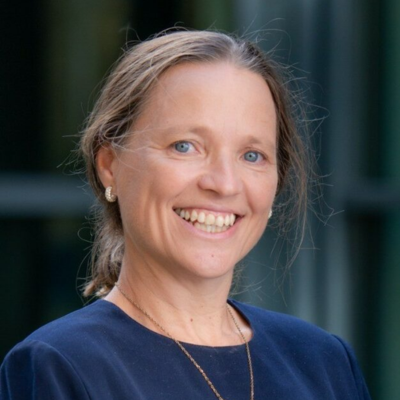
-Apr-01-2022-10-58-34-68-AM.png)



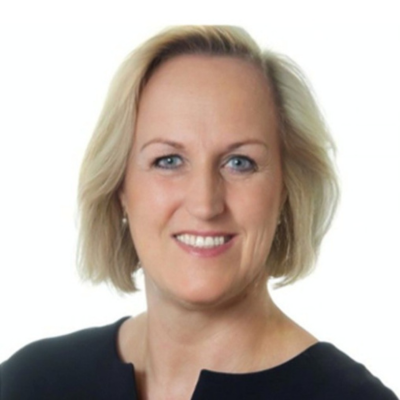




.png)


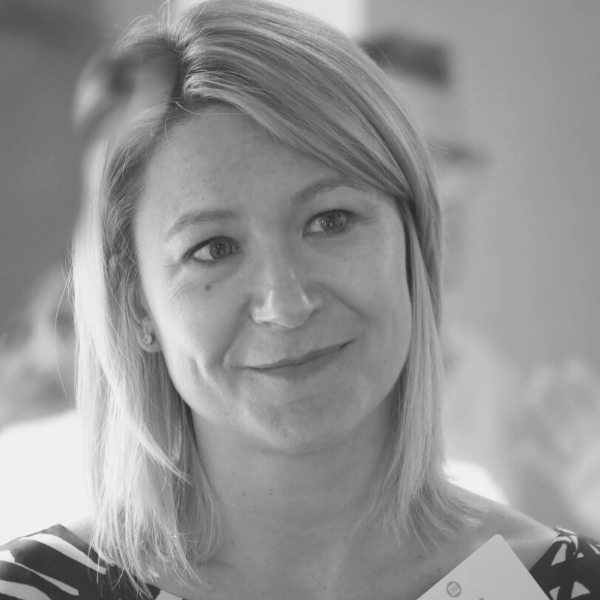






-Sep-01-2022-02-47-55-60-PM.png)
-Nov-22-2023-08-56-42-6802-AM.png)
.png)

Would you like to know more about CIONET Belgium, membership or partnership opportunities? Do you have feedback or any other question? Send us a message!
You can either send us a registered handwritten letter explaining why you'd like to become a member or you can simply talk to us right here!